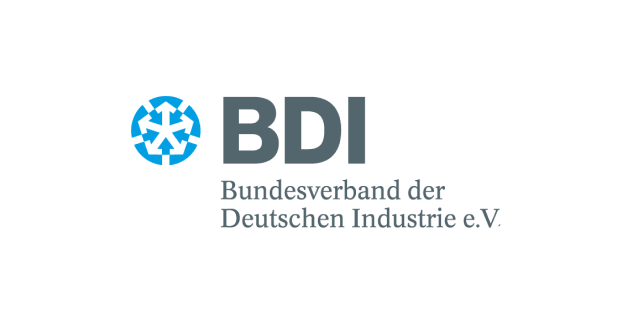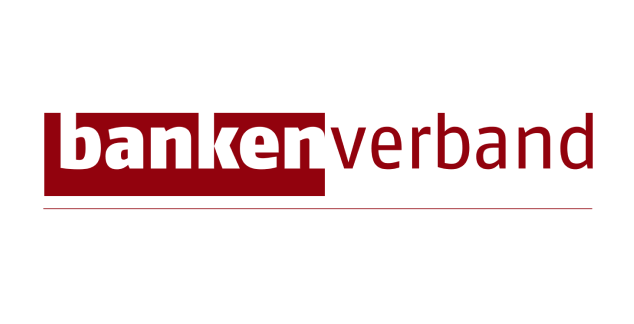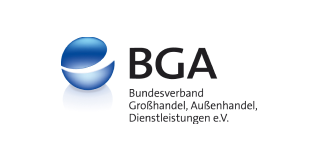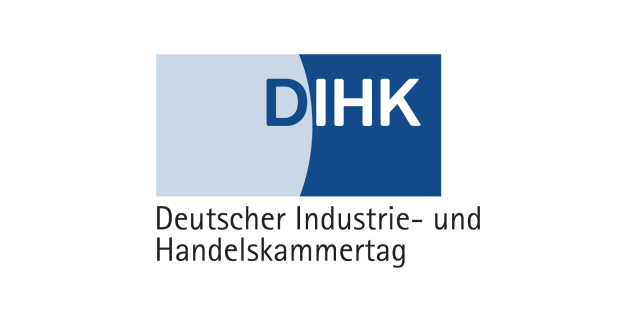Name article Prof. Russwurm
Without Trump, many things will become easier, but there is still enough to do for politics. We businesses also have transatlantic work ahead of us. By Siegfried Russwurm
Chancellor Angela Merkel is travelling to Washington next week to meet US President Joe Biden. What is German business doing? It is joining forces and launching a cross-business initiative, the "Transatlantic Business Initiative". With this initiative, we want to help open a new chapter in transatlantic economic relations. We are developing concrete policy proposals for interaction in the areas of trade and climate policy, digitalisation and the data economy, and corporate finance. The designation of Germany as the "best friend of the USA" by Foreign Minister Blinken is an excellent condition for the revitalisation of our transatlantic community of values. The idea of an equidistance of Germany and Europe to the USA and the common system competitor China is remote. Nevertheless, we must not delude ourselves: The US has a clear agenda for dealing with Germany and Europe, even if we are witnessing a moderate tone after the erratic years of the Trump era.
Biden's political determination has been evident from the first day of his presidency. With a historically sized economic stimulus package and a gigantic infrastructure programme, the president is demonstrating his political will and assertiveness. At the same time, the political majorities for him and his party are extremely narrow, especially in the Senate. It is therefore all the more important to now decisively advance transatlantic cooperation wherever possible.
There are plenty of starting points for this: complementarity and cooperation between technology companies on both sides of the Atlantic are often underestimated. Yet there is a constant succession of success stories, whether it is Biontech/Pfizer, new technology for semiconductor structures smaller than ten nanometres, or the transformation processes towards e-mobility, the hydrogen economy, digitalisation of traditional industries or climate-efficient renewal of infrastructure.
Germans and Europeans need a self-confident attitude in their dealings with the USA. We have good reasons to do so, not only because of the strength and presence of many of our companies in the US. But also because German industry as a whole is one of the powerhouses of the European single market as the second largest economic area in the world. An economically strong Europe is indispensable for Biden's repeatedly formulated goal of strengthening the reputation and assertiveness of liberal democracies in the world.
While the USA is still the most important export market for German goods, China is now Germany's largest trading partner overall - exports and imports combined. Thanks in part to the dynamism in China, German companies have so far come through the Corona crisis well overall. The German state, which was enormously challenged during the crisis, should certainly be relieved about this. The situation is quite different in the USA: there, Brian Deese, the president's economic advisor, called for the US economy's supply chains to be more closely aligned with its own national security. A clear signal in the direction of the People's Republic. Establishing and maintaining international supply relationships is part of the very domain of entrepreneurial decisions, including the risk that has to be borne. Nevertheless, we need to have an open discourse on how business should behave in future when dealing with autocracies. A discourse that has been conducted in the USA for many years with much more commitment than in Germany, especially with regard to China, and which is only just beginning in this country. Part of the wisdom and foresight of a geostrategy is to realise that Asia is much more than China. The Western market economies would do well to offer the Asean countries in particular explicit alternatives to China.
But geopolitics can only ever create the broad framework for entrepreneurial decisions. It cannot replace it. In this respect, it is also necessary to discuss issues that are currently hampering our businesses and standing in the way of a deepening of transatlantic relations. Tariffs on steel and aluminium continue to weigh on trade relations. The EU-US summit in June sent encouraging signals. We must now make concrete progress here: What we are currently sorely missing on the US side - at least in the administration, there are also other voices in Congress - is the goal of not only making trade more sustainable and fairer, but also further simplifying it and concluding new agreements. As important as it is to resolve trade disputes, we would also like to see the dismantling of trade barriers that have long burdened the transatlantic market. These include, for example, tariffs on industrial goods. And we look with concern at tightened Buy American rules, which are due by 25 July.
European products are not only safe for the European domestic market, but also for the US market. Nevertheless, European exporters are required to provide additional proof of compliance with norms and product standards. For many companies, especially in the SME sector, this means excessive bureaucracy and costs - an enormous hurdle. To advance transatlantic trade, technical standards should be aligned and wherever possible, conformity assessments should be mutually recognised.
It would also be an expression of great trust if the entry regulations to the USA were relaxed again for business travellers from Germany. Many companies, large and medium-sized, are urgently waiting for their employees to be allowed to carry out maintenance, repairs and other product-related services on site. Production in the USA, on which many US jobs depend, also suffers as a result. German companies are the third largest foreign employer in the USA. The concept of "national security" is also at play politically in the current entry restrictions. If the Corona crisis is now overcome step by step, it is high time to let the best friends back into the country and work together on solutions to the global challenges.
Siegfried Russwurm has been President of the Federation of German Industries (BDI) and Chairman of the new "Transatlantic Business Initiative" of the BDI, BGA, DIHK and BdB associations since the beginning of the year.




